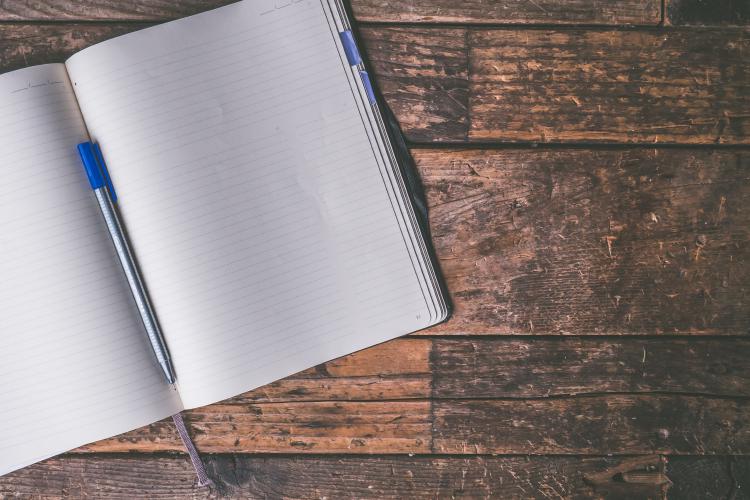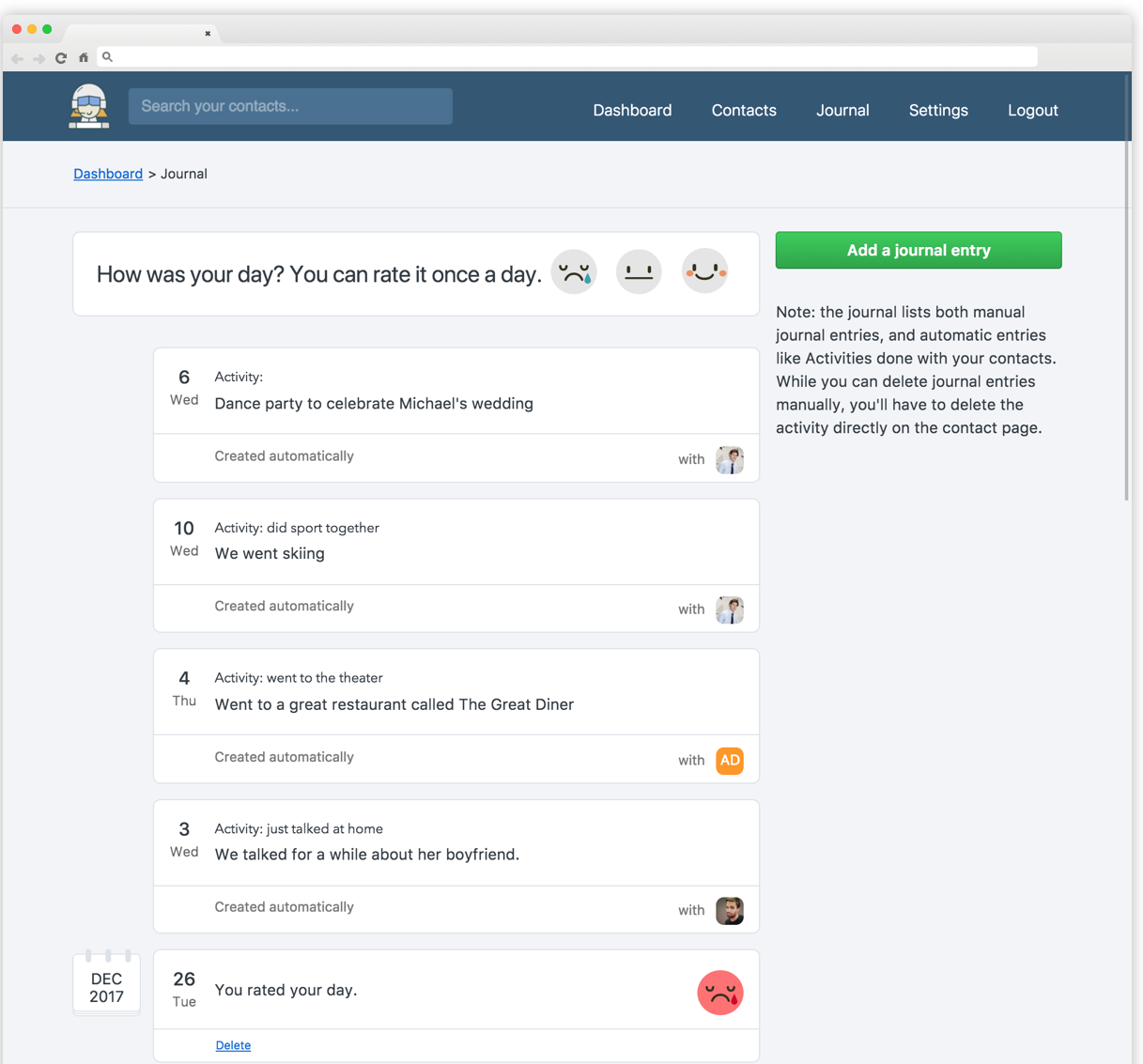Keeping in Good Health

Maintaining good personal health has undoubtedly been on many people’s minds over the last year. COVID-19 has led to many reflections and realizations about how we keep ourselves physically healthy. But prolonged isolation and anxiety has also helped spark a discussion about how we keep ourselves mentally healthy as well.
Physical health and mental health are two sides of the same coin. One can not exist without the other. Both good physical and mental health are needed for us to lead a happy and healthy lives.
And yet unlike physical health, whenever we talk about mental health we always approach it with an emphasis on the illnesses that surrounds the topic. Depression, suicide, or anxiety, to name a few. But just like how physical health isn’t defined by its maladies, nor should mental health. Physical and mental health should both be defined by the activities that allow people to maintain good personal health.
As they say, an ounce of prevention is worth a pound of cure.
Maintaining good mental health is just like maintaining good physical health. Just like how your body needs you to exercise, stay active, and maintain a balanced diet for you to remain physically healthy. Your mind also needs exercise to help keep it healthy. But as opposed to physical exercise, mental health exercises take on a much more ephemeral nature. These can include meditating, taking breaks, talking with friend, keeping a journal, or any number of positive mental health activities .
Personally, over the course of COVID-19 I’ve taken on the habit of maintaining a journal. In part because I had heard about the benefits of keeping a gratitude journal and also because it seemed like the easiest and most productive exercise for me.
Unsurprisingly, I went with the more technological approach to journal keeping. Eschewing the traditional pen and paper, for a journal-application called Monica that I could host on my homelab . Using Monica I log daily entries; what happened during the day, how that made me feel, as well as what I am grateful for. I can also enter more in-depth entries, as well as log my social activities with friends.

Having kept this journal for six months now, I feel mentally lighter. A bit more nimble, ready to take on the world.
There is a calm when you commit feelings to paper. Chaotic emotions and disparate thoughts become focused. They no longer feel like a jumbled mess or an unpredictable storm inside your mind. Writing down what we feel, finding the vocabulary to articulate our feelings help us face them. They are forced into becoming coherent concepts with clear through-lines the moment they move from our brain and onto the page. They transform into concepts and ideas that we can then logically follow, assess, and evaluate. Rather than being a murky feeling in our heads (or hearts), they become real. They become understandable and defined. No longer are they just feelings but actual thoughts. And once our thoughts become clear, they allow for further introspection and reflection.
I have found keeping a journal particularly helpful in the event of failure. When I fail, or experience a setback, I tend to get lost in that failure. It becomes an all encompassing dark cloud that makes it hard to keep perspective. I can’t think about anything except the failure. But when I write it down I acknowledge that the failure happened in more concrete terms. I am able to set aside the idea of failure and look beyond. OK I failed. What other opportunities have opened up as a result of this? How do I to continue to move forward?
But journaling also has its benefits during success as well. By recording the times that things went well, not only are we able to relive the happiness that came with that success, but we are also able to take a step back and see what led to that success. And how we may replicate it in the future.
I would certainly encourage people to take up journal keeping. Whether traditional or electronic, the mere act of writing what we feel onto a page can have a profound impact on how we see the world. And brings us one step closer to leading happier, healthier lives.

